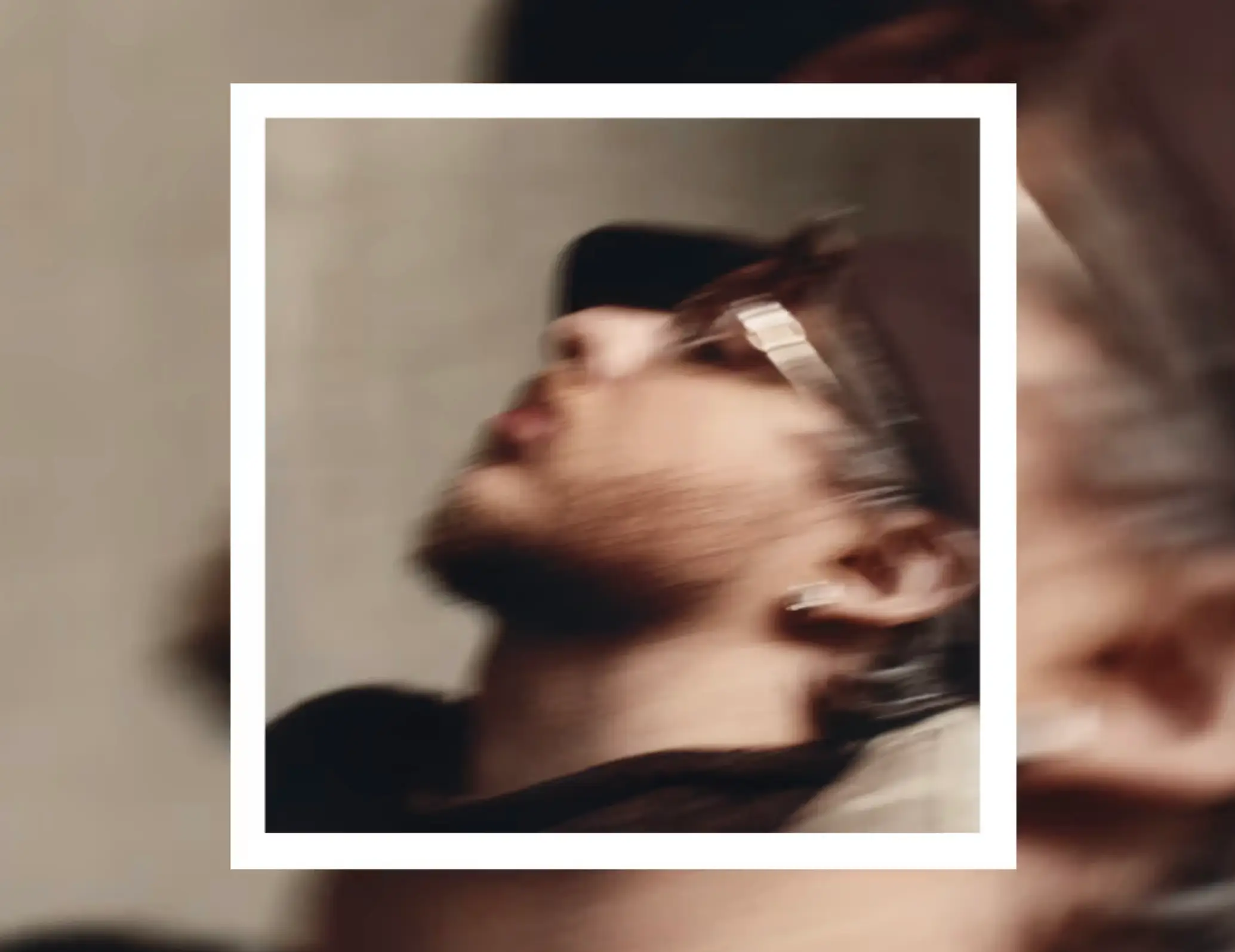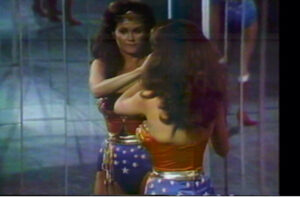There’s a particular kind of tension that simmers beneath Jason Miller’s latest work, Cracks in the Ceiling. It’s not just the kind that unsettles or warns—it rattles. It speaks in fragments, bullets, and breathless metaphor, pairing American disillusionment with an almost mythic introspection. Miller, known for his dark Southern poetics and sparse, combustible narratives, doesn’t so much write stories as he excavates them—shrapnel lodged in drywall, smoke curling through cracked plaster.
Cracks in the Ceiling is a loaded phrase. It conjures a kind of spatial decay—domestic rot or the breakdown of what once held firm. But Miller repurposes that image. His ceiling isn’t just a collapsing roof over domesticity; it’s the fragile overhead of a republic losing coherence. Through vignettes of errant men and their loaded moments, through the clang of a steel trigger and the soft warble of country radio, he maps out a fractured America. A place where ceilings aren’t just cracked—they’re being deliberately punctured.
Lefty gunplay becomes Miller’s signature motif in this collection. The left hand—traditionally the hand of weakness, deviation, even sin—clutches the firearm. It’s awkward, off-kilter, and yet deadly. The choice is not accidental. Miller’s left-handed shooters are misaligned with their time, caught between violence and uncertainty, nostalgia and reckoning. Whether they’re veterans turned barflies, fathers running from debts, or boys raised on VHS westerns and absentee love, Miller makes them vulnerable in their aim, yet precise in their grief.
Each page carries a flinch. Miller’s sentences are often abrupt, clipped, sometimes even rudely so—like the language is trying to get away from itself. Yet within this economy of expression is a searing lyricism. He doesn’t write guns the way thrillers do. His firearms are not heroic tools but trembling extensions of pain. The muzzle flash becomes the only light in certain lives. The chamber, a metaphor for memory.
Miller’s politics are never spelled out, but they haunt every scene. In Cracks, the idea of masculinity is not glorified but exhausted. The myth of control collapses. There are no grand gestures, only broken ceilings and bruised intentions. It’s a vision of America scorched from the inside—a nation of men too haunted to aim straight, too scared not to pull the trigger.
And yet, amid the carnage, there’s tenderness. The kind that shows up in a porch-lit goodbye, or a slow dance in a nearly empty room. Miller gives his characters just enough grace to remind us that this isn’t nihilism—it’s mourning.
Cracks in the Ceiling doesn’t ask to be liked. It dares to be believed. And in the crack of its left-handed gunfire, we hear the echo of a country unsure if it’s still standing—or just hasn’t fallen yet.
No comments yet.








